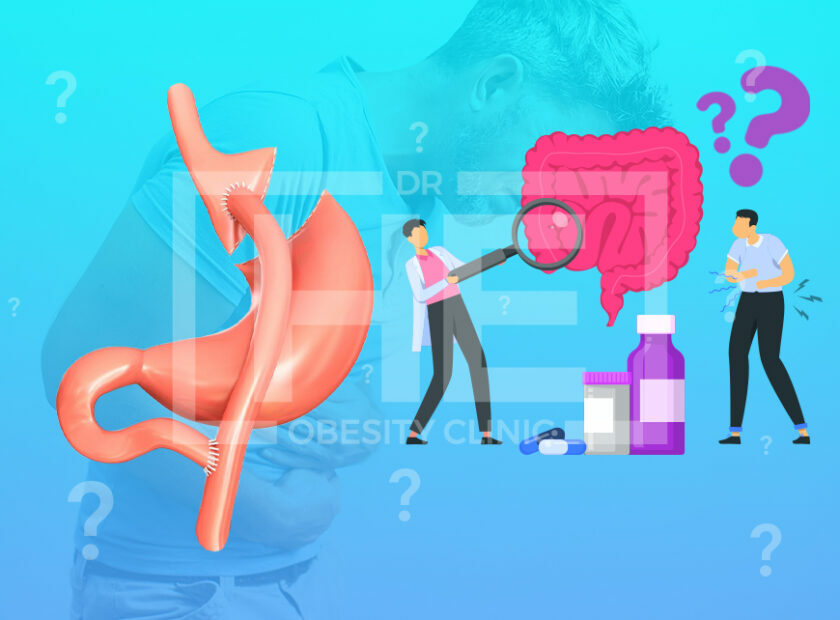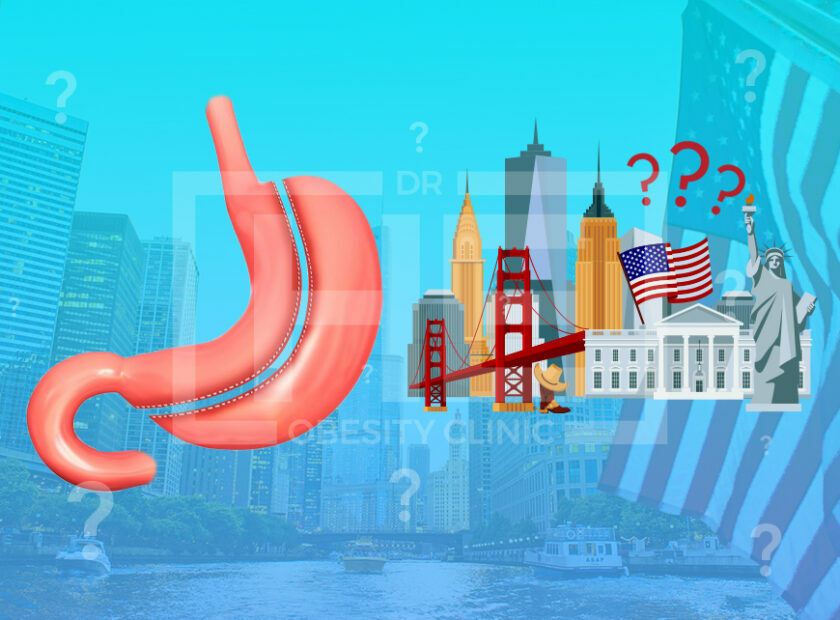
Why can’t you have sugar after weight loss surgery? Gastric sleeve patients can consume a maximum of 10 grams of sugar after surgery. This is equivalent to 2 1/2 teaspoons. Sugar after gastric sleeve should be consumed only with the advice of a doctor. Sugar per serving.
Experts recommends focusing on sugar-free products that provide less than 5 grams of sugar per serving. You should eat 4 to 6 small meals a day that are high in protein, low in fat, and low in sugar. Eating too much sugar in one serving can cause the excess sugar to “rush” into the intestines.
This is called dumping syndrome and can occur as early as 10 minutes after eating. Signs and symptoms associated with dumping syndrome include weakness, nausea, cramps, and diarrhea. Experts recommend lying down for 30 to 60 minutes at the first sign of dumping syndrome.
If your pain symptoms persist, seek medical attention. Sugar is not healthy for anyone, but it is especially dangerous if you have had weight loss surgery.
This is because foods containing too much sugar or high fructose corn syrup can cause dumping syndrome. If you have had bariatric surgery, the amount of sugar in each meal should not exceed 2.5 teaspoons. Try to avoid all processed foods, which usually contain hidden sugars.
The first 1-month period after surgery is the period when your stomach adapts to your new life. Therefore, it is recommended to follow the dietary recommendations to the letter. Foods will gradually progress from the lightest and smallest amounts in the form of increasing and solid foods, and your stomach will gradually adapt.
Sometimes there will even be vomiting after eating. This situation is normal. Post-operative edema of the stomach is also effective in this case. Sometimes even bloody vomiting can occur. Blood is small, dark, and once it happened, it’s insignificant.
Since the cells that secrete ghrelin, called the appetite hormone, are destroyed in the post-operative period, you will no longer feel hunger for a certain period of time. But we must get rid of our old habits during this period. Sometimes we eat as a habit, or for the pleasure of eating when we are bored, sad, or happy.
This condition, called” cerebral hunger”, does not disappear with surgery. Therefore, for successful weight loss, you must learn to overcome it.
You should eat your meals in a certain order and in certain quantities. Because your stomach is small in the first times, you will vomit when you increase the amount. In such cases, you can adjust how much food you need to eat yourself.
When can I have sugar after gastric sleeve?
Sugar can be consumed as a supplement 3-6 months after surgery. Gastric sleeve surgery is a stomach reduction method that restricts the intake of solid foods. Liquid foods are generally very well tolerated, except for the first few months.
Therefore, it is very important to stay away from the intake of especially high-calorie foods, for effective weight loss and long-term preservation. Sugary foods are usually soft and very processed, so they can be consumed in large quantities, passing through the reduced stomach tube without any difficulty.
It should be remembered that Gastric sleeve surgery does not have the slightest effect on the absorption and assimilation of food. That is, everything that passes from the stomach to the intestines is always fully absorbed.
Sugary foods, especially chocolate and other sweets, are the most common cause of weight gain and insufficient weight loss due to their high-calorie content. After Gastric Tube surgery, a complete cessation of sugar consumption is a prerequisite for successful weight loss.
What happens if I eat sugar after gastric sleeve?
As a result of this operation, disturbing symptoms may occur if foods containing high and simple sugar are consumed, as the stomach is very small and is directly attached to the middle of the intestine. Sugar after gastric sleeve should only be consumed within the specified limits.
Never exceed the weight of sugar recommended by doctors. It can occur in the form of swelling, palpitations, weakness and nausea in the abdomen half an hour after meals, or with symptoms such as sweating, tremors and hypoglycemia two to three hours after meals.
In order to prevent this syndrome, foods with high fiber and protein and complex carbohydrates should be preferred. It will also help to consume small portions instead of large meals, consuming solid and liquid foods at separate times.
If you eat fast, strain your stomach capacity, eat fatty, sugary, doughy foods, vomiting may occur. Do not continue eating when you feel full in your stomach.
Chew your meals slowly and try to increase your eating time to 20-25 minutes. If you vomit, take a break from your diet for at least 1 hour and do not consume the food that causes you to vomit for 1 week.
What Kind of Sugar Can I Have After Bariatric Surgery?
The consumption of added sugars, which are frequently present in processed foods like candy, soda, and baked goods, should be kept to a minimum after bariatric surgery. These sugars have been linked to weight gain and other health issues.
It is advised to use stevia or erythritol as an alternative sweetener or to choose natural sugars like those found in fruits and vegetables.
It’s also critical to be aware that some foods, including bread, pasta sauces, and condiments, can conceal sugar. As a result, it’s critical to carefully read labels and be familiar with the various names for added sugars, including high fructose corn syrup, maltose, and dextrose.




